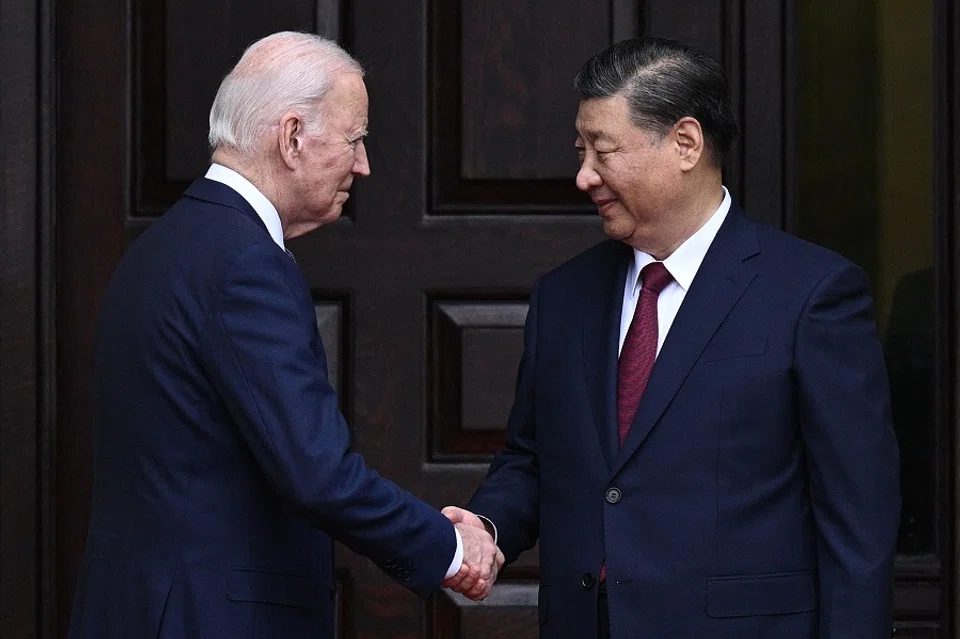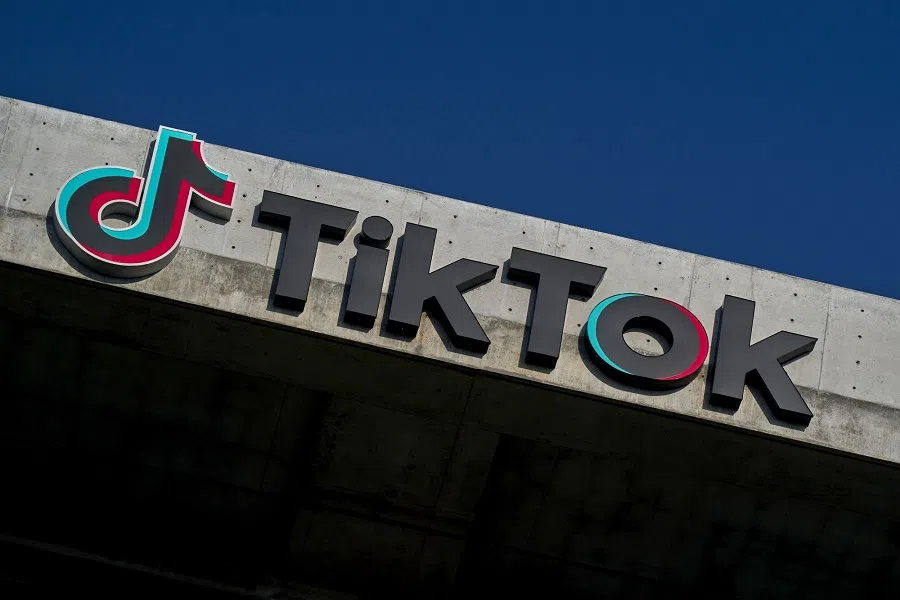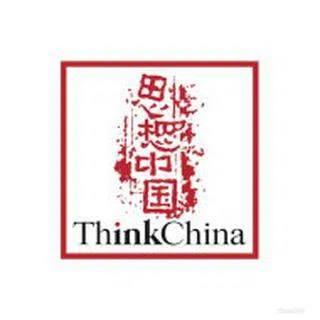Xi-Biden call: China-US tech rivalry remains a point of contention
Lianhe Zaobao journalist Yang Jing notes that despite the continued communication between the two leaders of China and the US, tension remains in several areas, in particular tech. While the US is maintaining its rhetoric that it does not seek to curtail China's developments, it may not be able to satisfy China's request for a fair treatment.

The leaders of China and the US shared a call once again on 2 April, and although the respective press releases described the call as "candid", the content of the discussion from the call showed that differences between both sides still persist - especially on the issue of US suppression of China's technology development - with each side adopting their own stance.
Right conditions for call
According to a report by Chinese state media Xinhua, Chinese President Xi Jinping pointed out to US President Joe Biden that following the former's visit to San Francisco in November 2023 to meet with Biden, the China-US relationship is beginning to stabilise, but the negative factors of the relationship have also been growing, and that "this requires attention from both sides".
Xi also expressed that both sides should honour their commitments to each other with action, and turn the "San Francisco vision into reality".
On the call between the two leaders this time round, Wu Xinbo, dean of the Institute of International Studies at Fudan University in Shanghai, told Lianhe Zaobao ithat when Chinese Foreign Minister Wang Yi met with US White House national security adviser Jake Sullivan in Thailand in January, the US had already proposed a call between the leaders. But China felt then that the US did not put into action the San Francisco consensus reached by the two countries' leaders, and that the conditions were not ripe for a call.
Now, the leaders from both sides shared a call this week, with the external world only getting wind of it just when the call was about to happen, making it seem somewhat "unexpected". However, some have analysed that with US Treasury Secretary Janet Yellen headed for Beijing on 4 April and US Secretary of State Antony Blinken set to visit China in the coming weeks, the call between the leaders of China and the US this time around could be to communicate about the upcoming bilateral visits.
Xi also issued a clear warning that if the US is adamant on containing China's high-tech development and depriving China of its legitimate right to development, China will not sit back and watch.
Not 'de-risking' but creating risks
Meanwhile, in recent days the US has stepped up its suppression of China's high-tech businesses, with short video platform TikTok being the prime example. The US House of Representatives passed a bill in March requiring Chinese internet titan ByteDance to divest TikTok within 165 days.

Following the nearly two-hour-long call between the leaders, White House national security communications adviser John Kirby revealed that Biden had raised the topic of TikTok to Xi and reiterated US concerns about the ownership of TikTok.
The press release by the Chinese following the call did not mention TikTok. But Xi stressed during the call that the US side has adopted a string of measures to suppress China's trade and technology development, and is adding more and more Chinese entities to its sanctions lists, and that this is not "de-risking" but creating risks. Xi also issued a clear warning that if the US is adamant on containing China's high-tech development and depriving China of its legitimate right to development, China will not sit back and watch.
... the US is worried that China's technological advances in areas such as artificial intelligence (AI) could be used for military purposes, which in turn could lead to technology transfers to countries such as Russia, Iran or North Korea. - Professor Wang Hung-Jen, Department of Political Science, National Cheng Kung University
Fudan University's Wu felt that the US rhetoric and its promise to "not seek to curtail China's developments" is contradictory, and that the US is unable to satisfy China's request for a fair treatment.
Professor Wang Hung-Jen of National Cheng Kung University's Department of Political Science in Taiwan told Lianhe Zaobao that the US has its reasons for adopting the "small yard, high fence" strategy in specific technological areas and is not entirely motivated by jealousy of China's high-tech development.
Wang believes that the US is worried that China's technological advances in areas such as artificial intelligence (AI) could be used for military purposes, which in turn could lead to technology transfers to countries such as Russia, Iran or North Korea.

Indeed, Biden made a rare mention of Xi's support for Russia during the phone call. Based on the White House readout, Biden raised concerns over China's support for Russia's defence industrial base and its impact on European and transatlantic security.
Biden also criticised China's trade policies and non-market economic practices for harming American workers and families, adding that the US will continue to impose technological restrictions without unduly limiting trade and investment.
Consensus on crisis management
China and the US are acting on their own on technology and economic and trade issues, highlighting the huge differences between both sides. However, there seems to be some consensus between the two countries on crisis management, especially on the Taiwan issue.
On the eve of the Biden-Xi phone call, an unnamed White House senior administration official had told the media that although media platforms have mentioned Taiwanese officials' complaint that China has been ramping up its grey zone activity on the island, she did not see anything particularly new with the mainland's behaviour in the cross-strait or South China Sea.
The official added that given the upcoming presidential inauguration in Taiwan, the Biden-Xi call will be an opportunity for Biden to reaffirm the US's "one China" policy and reiterate the importance of peace and stability across the Taiwan Strait. She also pointed out that the Biden administration is working towards a US-China AI dialogue in the coming weeks.
... continuous communication between the Chinese and American heads of state could at least tease out the issues between both countries and then assess if the functional departments are able to do anything concrete. - Wang

Last month, China, as a co-sponsor along with other countries, had also supported a landmark resolution on AI proposed by the US at the United Nations.
The White House said that they are also expecting a call between the defence chiefs of China and the US.
Wang thinks that the continuous communication between the Chinese and American heads of state could at least tease out the issues between both countries and then assess if the functional departments are able to do anything concrete. With the US presidential elections coming up later this year, China will decide whether to respond to Biden on specific issues accordingly.
But Wu believes that despite ongoing communication between Chinese and American higher-ups, the extent to which the US can respond to China's demands remains a question.
This article was first published in Lianhe Zaobao as "中美元首通电话 两国关系企稳但高科技问题分歧仍突出".





